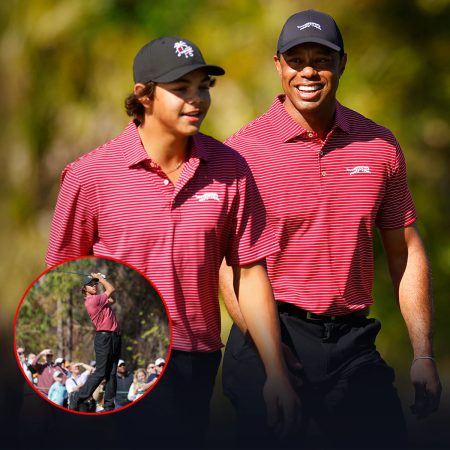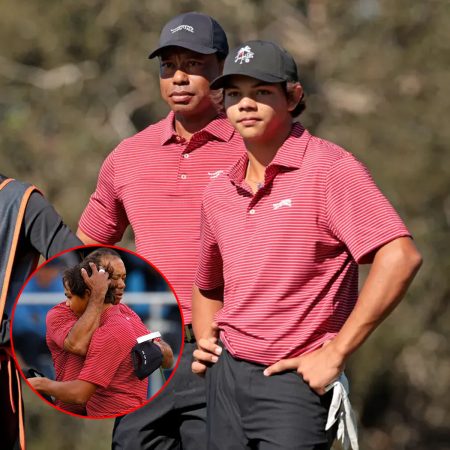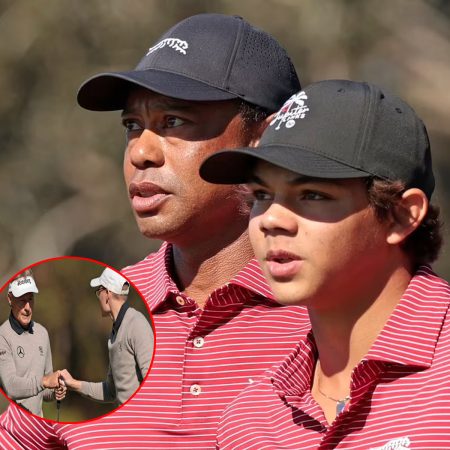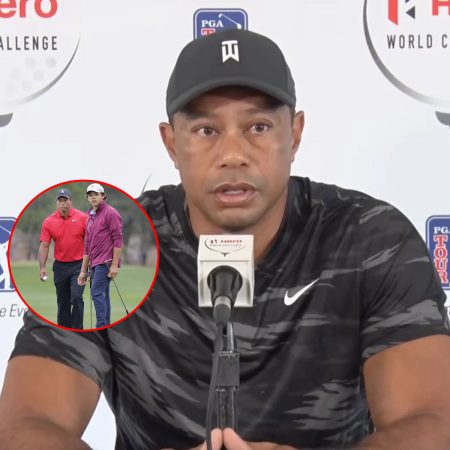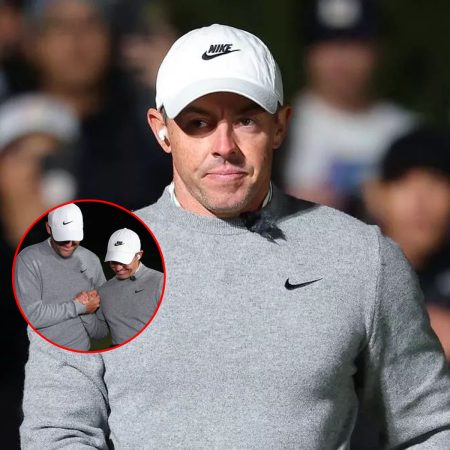With Manchester United’s place in next season’s Champions League almost assured, talk is beginning to turn to the summer and how Erik ten Hag might want to modify his squad.
The United manager gave a moment of consideration before answering affirmatively a question about his team’s readiness to sit at the continent’s top table again after a year away.
“Yeah, I think so,” he said, in a manner more confident than it looks written down. “But of course I, we, see this as a project. In your windows, you strengthen your squad, or make investments so you get more balance. You bring young players in.

“We have already shown the improvement that we can beat the best teams in the world. We can compete in the Champions League. But we want to knock them all out, and there is some way to go.”
Adding muscle and honing guile will help United land the power punches on those Tuesday and Wednesday nights next autumn, but how much can Ten Hag do when the market opens, and what is dictated by the takeover process? This was a topic the United manager seemed unable to provide total clarity on.
“No, I don’t have influence on that… also I don’t know,” Ten Hag said, when asked whether he had received assurances he would have funds to shape the squad to his desires, whoever owns the club by then.
“The only thing I know is that Man United is one of the biggest clubs in the world from a fanbase perspective. The club has to compete for the highest in the world — Champions League, Premier League. But in football you need funds to construct squads because, at the end of the day, the level of your players decides if you are successful or not. Everyone knows high-level players cost a lot of money.”
Whether Ten Hag was keeping his cards close to his chest for negotiation purposes or whether he genuinely is in the dark about how much he will be given to spend, the truth is there is much uncertainty around United because of the sales process. Club staff have been told it is business as usual, but the prospect of a new direction suddenly coming in means there is a hesitancy to go full throttle.
As it stands, United are looking at a budget of about £100million ($125.6m), due to financial fair play rules. This would be the case even under Qatari owners. Wiping away the debt would allow for more flexibility but the way for United to really raise additional money is via player sales, and that perhaps was at the crux of how Ten Hag answered a question about what is happening across town.
It was put to him that the most important person at a club should be the manager, just like Sir Alex Ferguson before him at United and Pep Guardiola now at neighbours Manchester City. “I don’t know if that is true,” Ten Hag said. “About City, (Txiki) Begiristain does a very…”
There was an interjection: “That club is built for Pep Guardiola.”
Ten Hag replied: “Yes but I think still, don’t underestimate the role of Begiristain.”
His repeated insistence on recognising the work of Begiristain, City’s director of football, felt telling.
Begiristain played 313 games for Barcelona and won 22 Spain caps in a long playing career, before working as director of football at the Catalan giants between 2003 and 2010. He brought his contacts book and football brain to the Etihad in 2012, laying the foundations for a reunion with former Camp Nou colleague Guardiola, and continues to execute the transfers, both in and out, that lubricate the City winning machine.
Such ruthless, refined decision-making can be seen in a tight squad packed with established talent.
Never mind Erling Haaland, who United were told about when he was a teenager at Molde in his Norwegian homeland, Julian Alvarez is an excellent example of City’s forward planning and conviction.
Alvarez scored 20 goals in 35 games in Argentina’s top flight in the 2021 season, having made his debut in 2018 and been a member of the River Plate squad that won the Copa Libertadores that year. He was already a full Argentina international when he moved to England. Now, aged 23, he is a World Cup winner and has settled well in the Premier League.
United knew all about Alvarez too, but did not make a move in the January 2022 window because Ralf Rangnick was in interim charge and the club were waiting on a permanent manager to provide the impetus. City took a different approach in the build-up to Guardiola’s summer 2016 arrival, signing players suited to his style months in advance. Kevin De Bruyne joined a year before Guardiola took charge.
United are still searching for a centre-forward.
Brighton, their Premier League hosts on Thursday, present another example of smart recruitment. Yes, their remit is different, and they can make mistakes away from the glare of the globe’s attention, but they have an excellent track record, with Kaoru Mitoma and Julio Enciso the latest off the conveyor belt.
 Kaoru Mitoma taking on Manchester United in last month’s FA Cup semi-final (Photo by Marc Atkins/Getty Images)
Kaoru Mitoma taking on Manchester United in last month’s FA Cup semi-final (Photo by Marc Atkins/Getty Images)
Simon Adingra, a 21-year-old winger, may be the next. He is on loan at Brighton’s Belgian sister club Union Saint-Gilloise and has scored 14 goals in 46 games this season.
The same strategy worked with midfielder Moises Caicedo, who also went on loan to a club in Belgium after joining Brighton, but at Beerschot. United had walked away from signing him because the agency situation became too complex and expensive.
Brighton’s system still seems to be working even though Dan Ashworth, their former technical director, left last summer for Newcastle, who are enjoying success with signings of their own, and Paul Winstanley, their former head of recruitment, joined Chelsea in November. Kyle Macaulay, who worked closely on signings with Graham Potter, had already followed Brighton’s head coach to Stamford Bridge last September.
David Weir, the former Everton and Scotland captain, is now the man with influence as Brighton’s technical director and whether they can keep pulling rabbits out of the hat in terms of players and staff remains to be seen. But the structure, headed by Tony Bloom — an invested, intelligent operator — gives them the best possible chance.
United need to be similarly smart and sharp in the coming window, whatever their budget and whoever the owner.
“You have to back a manager and believe in his philosophy and strategies,” said Ten Hag. “It’s about quality and cooperation, nobody can do it on his own. There are so many jobs and tasks to do. So you need more people to do it, and togetherness.”



